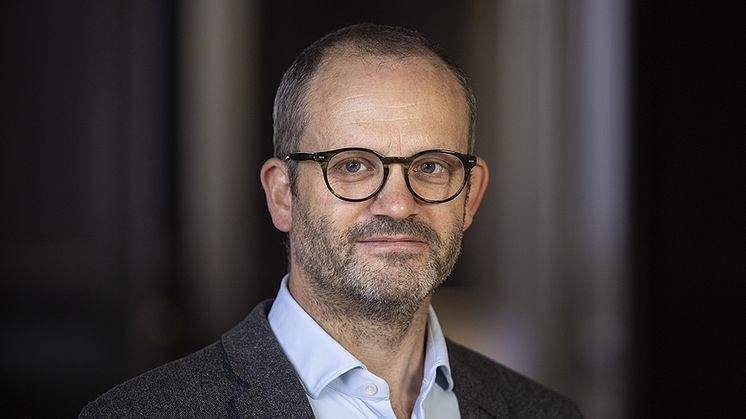
Press release -
Trust more important than cost in climate policy
How much people trust politicians affects their support for climate policies. The less trust we have in politicians, the less likely we are to accept climate policies that mean paying a price as individuals. And people are especially resistant towards taxes. These are the results of a new survey of over 6,000 respondents in four European countries.
“When people have low political trust, they are more likely to overestimate the costs of climate policies,” says Malcolm Fairbrother, Professor of Sociology, who led the study. “This explains the particularly low support for fossil fuel or carbon taxes—a policy that many economists consider the most cost-effective climate policy of all, but which, paradoxically, is least popular with the public.”
Tackling climate change requires broad popular support. Although most people think that climate change is a serious problem and want governments to act, many promising policies for addressing it encounter strong public opposition. In a new survey, researchers investigated the views of 6,000 people in Germany, Poland, Spain and Sweden and analysed their support for a wide range of climate actions. The results, published in the Journal of Public Policy, reveal clear differences in support.
“We found that regulations, such as energy efficiency requirements for cars and buildings and increased nature protection, are relatively popular measures. Subsidies and bans get a more mixed reception. Environmental taxes are generally the least popular type of policy,” Fairbrother says.
The study found, consistent with prior research, that people who have the most trust in politicians are more likely to support most climate policies. In the study, the researchers investigated why certain measures meet with such strong resistance.
According to the study, many people want ambitious climate policies, but they are reluctant to pay a high personal cost. They are also willing to support more of some kinds of measures, especially those related to regulations and energy efficiency requirements for buildings and vehicles. Support for these measures is stronger because their costs are less visible. The authors of the study suggest that policymakers should make more use of such measures, though they also stress that politicians should be honest about the costs of different potential climate policies.
“The success of climate policy depends not only on economic efficiency, but also on public support. There are strategies that are more promising for politicians to follow. More could be done simply to communicate that many climate actions, including carbon taxes, have lower costs than many people think, and are more effective. If politicians can communicate that, people will be more favourably inclined,” says Fairbrother.
The findings are relevant for several target groups. For politicians and decision makers, they provide guidance on how to design and mainstream climate action more effectively. For public authorities, organisations and opinion-makers, they show how communication can strengthen trust and thus acceptance. For the public, they can provide a better understanding of why some measures are politically feasible while others meet with resistance.
Overall, the study suggests that the path to a more ambitious climate policy depends not only on economic calculations, but also on strengthening the relationship between citizens and decision-makers.
Article: Fairbrother M, Johansson Sevä I, Kulin J. How do Europeans want to fight climate change? Comparing and explaining public support for a wide variety of policies. Journal of Public Policy. Published online 2025:1-25. DOI: 10.1017/S0143814X25100822
For further information:
Malcolm Fairbrother, Professor in Uppsala University’s Department of Sociology, and affiliate of Uppsala University Conflicting Objectives Research Nexus (UUniCORN), email: malcolm.fairbrother@uu.se, phone: +46-70 331 02 12.
Topics
Categories
Founded in 1477, Uppsala University is the oldest university in Sweden. With more than 50,000 students and 7,500 employees in Uppsala and Visby, we are a broad university with research in social sciences, humanities, technology, natural sciences, medicine and pharmacology. Our mission is to conduct education and research of the highest quality and relevance to society on a long-term basis. Uppsala University is regularly ranked among the world’s top universities. www.uu.se
